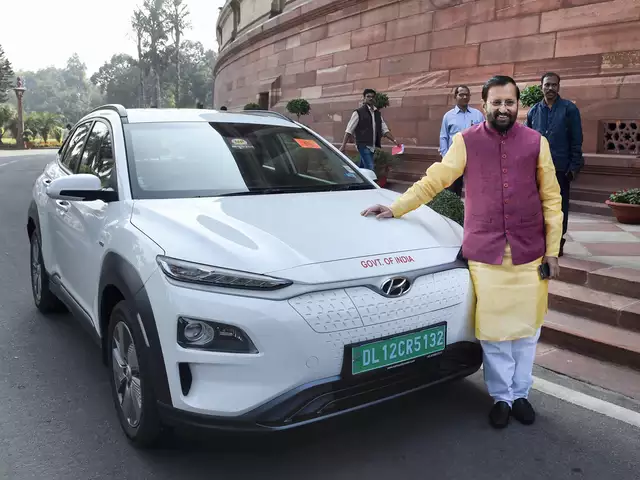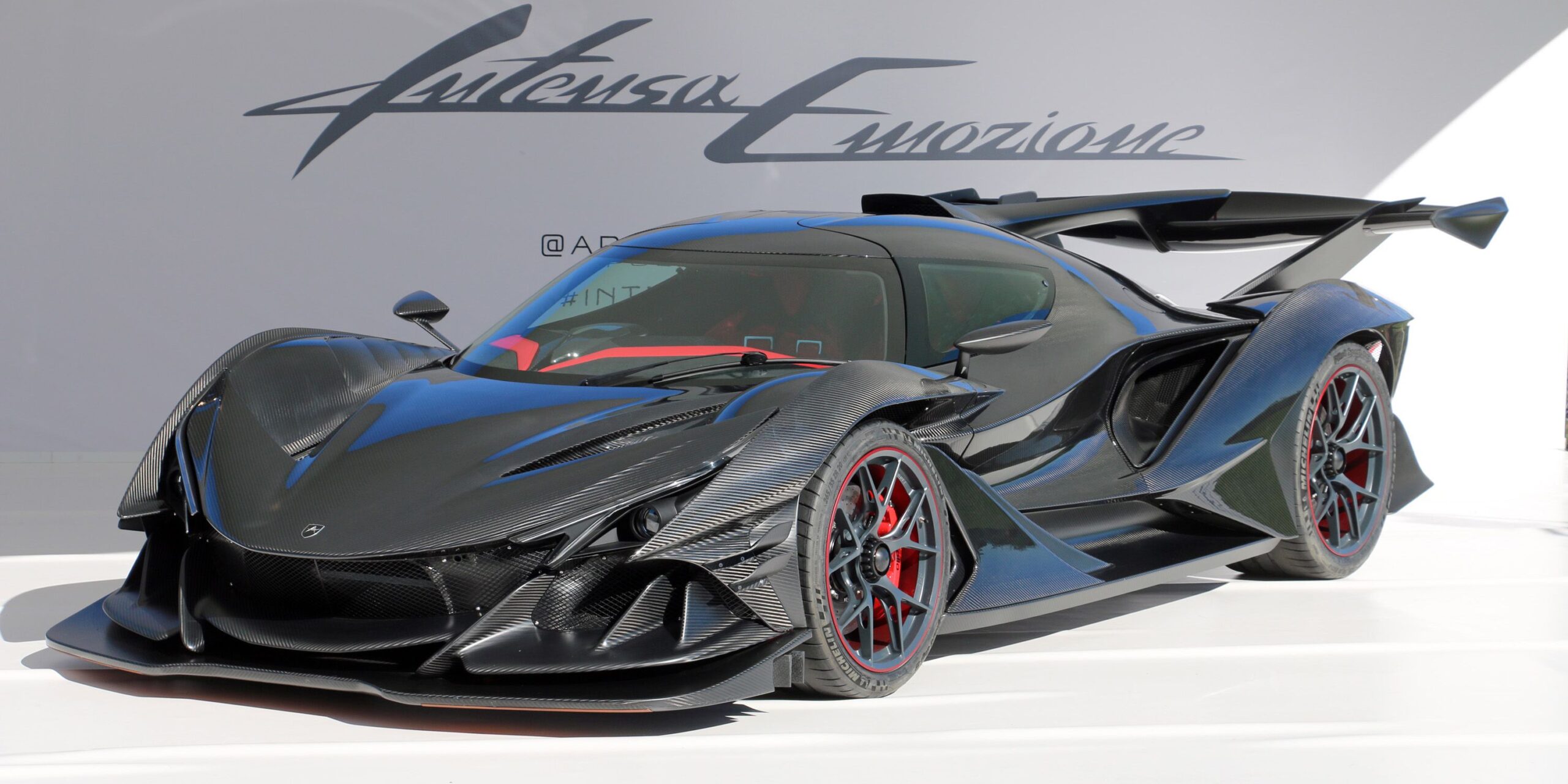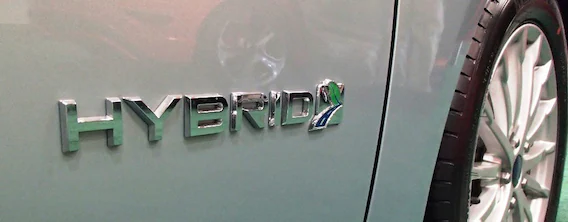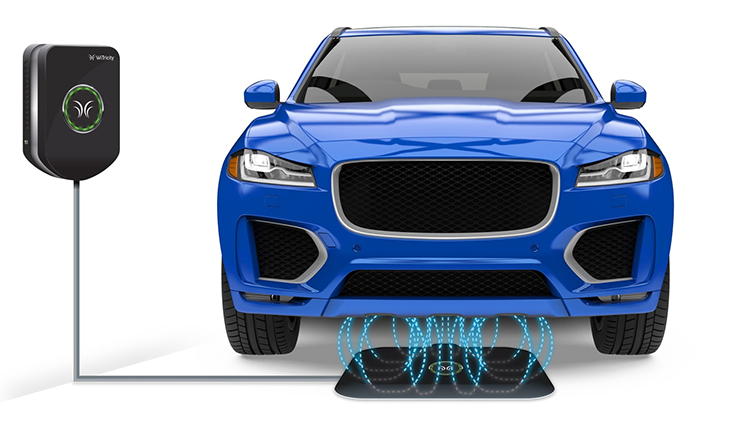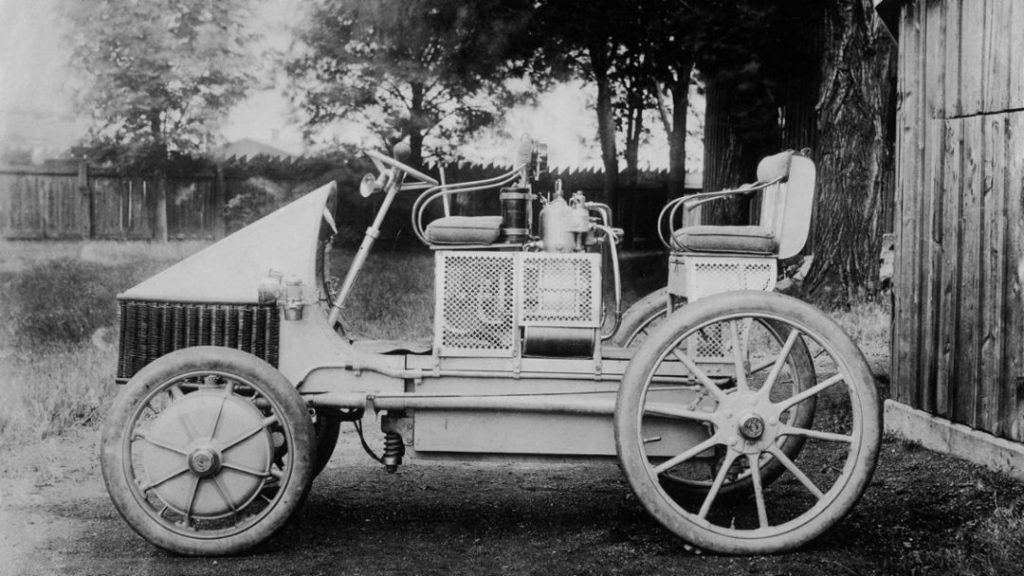
A History of Hybrid Cars
In recent years, hybrid cars have become increasingly popular as more and more people seek environmentally friendly transportation options. These vehicles offer a unique combination of fuel efficiency and reduced emissions, making them an attractive choice for eco-conscious individuals. To truly understand the significance of hybrid cars, it is essential to delve into their rich history, exploring their origins, advancements, and the impact they have had on the automotive industry. Join us on this journey through time as we unravel the captivating story behind hybrid cars.
Early Beginnings of Hybrid Technology
The concept of hybrid vehicles dates back to the early 1900s when inventors and engineers began exploring the idea of combining an internal combustion engine with an electric motor. In 1900, Ferdinand Porsche, the renowned automobile engineer, developed the “Lohner-Porsche Mixte,” a groundbreaking vehicle that utilized both gasoline and electric power.
Evolution of Hybrid Cars
The Rise of Toyota’s Prius
While hybrid vehicles remained a niche market for several decades, the turn of the 21st century marked a significant milestone with the introduction of the Toyota Prius. Launched in 1997 in Japan, the Prius quickly gained attention as the world’s first mass-produced hybrid car. Its sleek design, remarkable fuel efficiency, and advanced hybrid technology revolutionized the automotive industry.
Advancements in Hybrid Technology
As the demand for hybrid cars grew, manufacturers focused on improving the technology behind them. Significant advancements were made in battery technology, leading to the development of more powerful and efficient hybrid systems. Electric motors became more compact and lightweight, while batteries boasted enhanced energy storage capabilities.
Plug-In Hybrid Electric Vehicles (PHEVs)
In recent years, the automotive industry has witnessed the emergence of plug-in hybrid electric vehicles (PHEVs). These vehicles, such as the Chevrolet Volt and the Mitsubishi Outlander PHEV, combine the benefits of hybrid technology with the ability to charge their batteries from an external power source. PHEVs offer increased all-electric range, making them a viable option for individuals seeking a greener alternative.
Environmental Impact and Benefits
Hybrid cars offer numerous environmental benefits that have contributed to their growing popularity worldwide. By combining the use of electric power and gasoline, these vehicles significantly reduce carbon dioxide emissions, a major contributor to global warming. Moreover, their improved fuel efficiency helps conserve fossil fuels and reduces our dependence on non-renewable resources.
The Future of Hybrid Cars
As the world continues to prioritize sustainability and the reduction of greenhouse gas emissions, the future of hybrid cars appears promising. Automakers are investing heavily in research and development to further enhance hybrid technology. Expect to see more advanced systems, increased electric range, and improved performance as hybrid cars continue to evolve.
Conclusion
The history of hybrid cars is a testament to human innovation and the pursuit of sustainable transportation solutions. From the early pioneers who paved the way to the mass production and widespread adoption of hybrid vehicles, their impact on the automotive industry and the environment is undeniable. As we look towards the future, hybrid cars will play a vital role in achieving a greener and more sustainable future.

